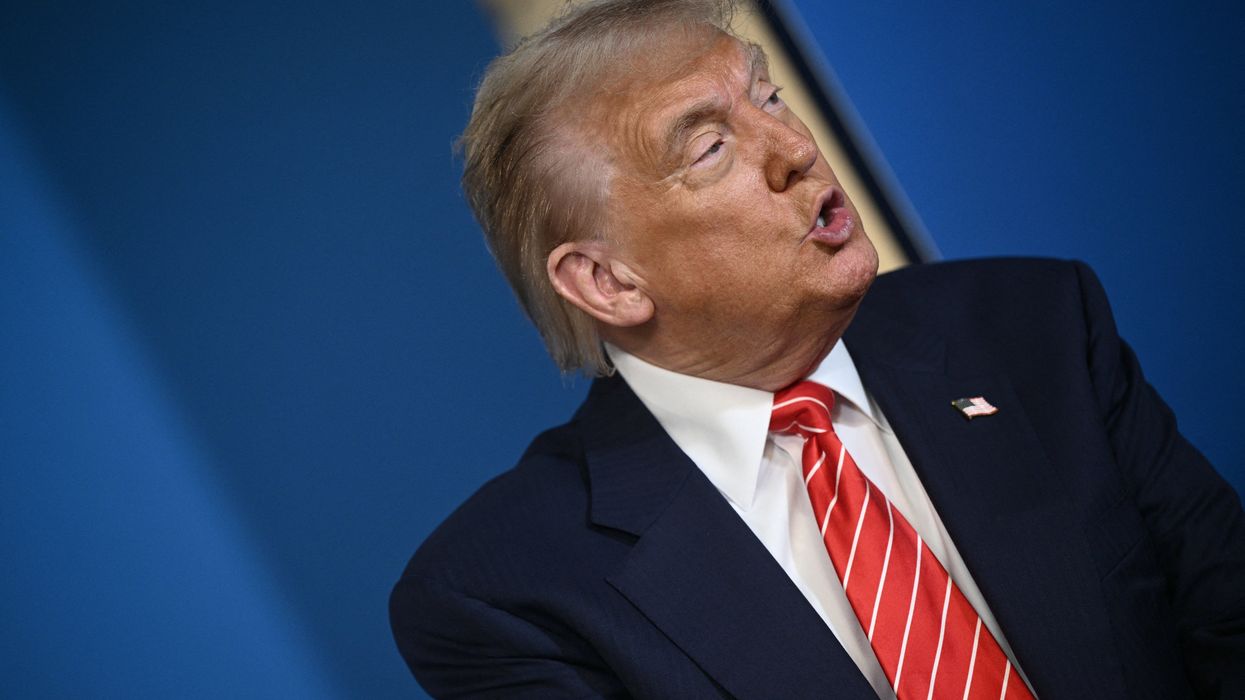The year was 2001. The President was a Republican. Nearly nine in ten Americans—87%—said they were extremely or very proud to be an American. Democrats, Republicans, and Independents were all within a handful of points of agreement on just how proud they were. When the 9/11 terrorist attacks hit, pride increased and remained or grew even higher over the next few years.
Two decades later, in 2020, the President was once again a Republican. Just a little over six in ten Americans (63%) said they were extremely or very proud to be an American—a new low. Democrats and Republicans were split by 46 points on just how proud they were (88% for Republicans, 42% for Democrats). Independents came in at 64%.
Five years later, in 2025, the President again was a Republican—the same Republican. Now, according to a new Gallup report published Monday, pride in being an American has hit a new record low: just 58% say they are extremely or very proud to be an American.
READ MORE: Democratic Reps Say FEMA Cuts Are Leading to Hurricane Katrina-Level Disaster
Republicans’ pride in being American has now risen to 92%. Democrats’ pride in being American has dropped to a historic low: just 36% say they are extremely or very proud to be an American. For independents, that number, also a historic low, has dropped to 53%.
The Associated Press calls Gallup’s findings “a stark illustration of how many — but not all — Americans have felt less of a sense of pride in their country over the past decade.”
“The split between Democrats and Republicans, at 56 percentage points, is at its widest since 2001. That includes all four years of Republican President Donald Trump’s first term.”
Gallup also finds that “each new generation” is “significantly less likely than the previous one to say they are extremely or very proud to be an American.”
For Gen Z, those born between 1997 and 2012, only a minority—41%— say they are extremely or very proud to be an American, during the years from 2021-2025.
Overall, Gallup reports, these “changes have occurred mostly over the past decade, and have done so amid greater pessimism about the economic prospects for young people, widespread dissatisfaction with the state of the nation, greater ideological divides between the parties, unfavorable images of both parties, and intense partisan rancor during the Trump and Biden administrations.”


